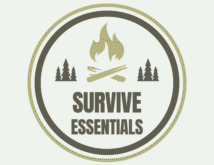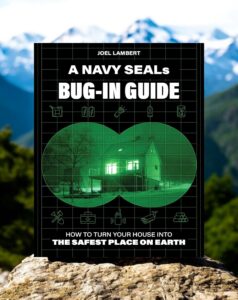
During times of crisis, effective communication becomes paramount for staying connected with loved ones and receiving important updates and information. In this blog post, we’ll explore essential tips for maintaining communication during emergencies. From establishing communication plans and utilizing various communication channels to preserving battery life and accessing emergency alerts, these guidelines will help you stay connected when it matters most.

1. “Create a Communication Plan: Stay Connected with Loved Ones”
Developing a communication plan is crucial for staying connected with your family and loved ones during emergencies. Designate a family emergency contact who resides outside your immediate area, as local phone lines may be overloaded. Share contact information and establish communication protocols, such as text messaging or social media platforms, as they are often more reliable during emergencies. Regularly practice communication drills to ensure everyone is familiar with the plan.
2. “Utilize Multiple Communication Channels: Diversify Your Options”
Relying on a single communication channel can be risky during emergencies. Utilize multiple communication methods to increase your chances of staying connected. These can include mobile phones, landlines, two-way radios, internet-based communication apps, or satellite phones. Diversifying your communication options allows for flexibility in case one channel becomes unavailable.
3. “Preserve Battery Life: Conserve Power”
During emergencies, power outages may occur, making it essential to conserve battery life in your communication devices. Minimize non-essential usage and enable power-saving features. Keep portable power banks or solar chargers as backup power sources. If possible, switch to low-power modes or turn off unnecessary functions to extend battery life. Preserving battery life ensures that your communication devices remain operational when needed.
4. “Stay Updated with Emergency Alerts: Access Critical Information”
Subscribe to local emergency alert systems and stay updated with relevant information. Enable emergency alerts on your mobile devices and ensure that you receive notifications from official sources. Stay informed about evacuation orders, weather updates, and other important announcements. Accessing critical information allows you to make informed decisions and take appropriate actions during emergencies.
5. “Utilize Social Media and Online Resources: Connect and Gather Information”
Social media platforms and online resources play a crucial role in disseminating information during emergencies. Follow official accounts and trusted sources for updates and news. Use social media to communicate your well-being to loved ones and seek assistance if needed. Be cautious of spreading unverified information and rely on official sources for accurate updates.
6. “Maintain an Emergency Contact List: Essential Contact Information”
Compile a list of essential contact information, including emergency services, local authorities, medical facilities, and utility companies. Keep a physical copy in your disaster supply kit and save a digital version on your mobile device or cloud storage. Having this information readily available ensures quick access during emergencies.
7. “Stay Calm and Communicate Responsibly: Supportive Communication”
During times of crisis, it’s important to stay calm and communicate responsibly. Avoid spreading panic or rumors through communication channels. Be mindful of the emotional state of others and provide support and reassurance when communicating. Clear and concise communication fosters understanding and enhances overall community resilience.
Conclusion
Effective communication is vital during times of crisis, ensuring that you stay connected with loved ones and receive important information. By creating a communication plan, utilizing multiple channels, preserving battery life, accessing emergency alerts, leveraging social media and online resources, maintaining an emergency contact list, and communicating responsibly, you’ll be better prepared to navigate emergencies with clarity and support. Stay connected, stay informed, and support one another during challenging times.
As an Amazon Associate we earn from qualifying purchases through some links in our articles.




